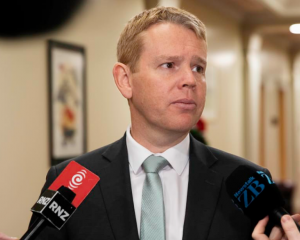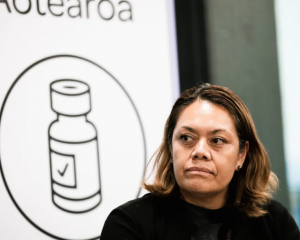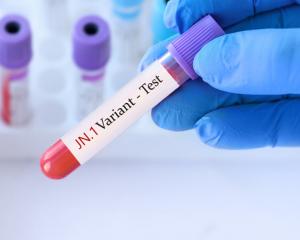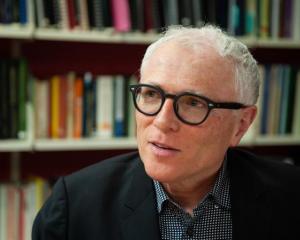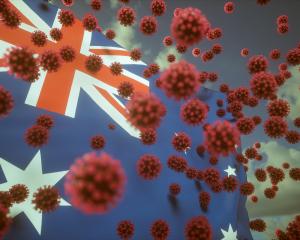New developments with Covid occur just about every day.
There is the progress, or lack thereof, in eliminating the Auckland outbreak. There are questions over the Auckland border, MIQ matters, new understandings in science, news from around the world, and experts and politicians giving their views on the way ahead.
Issues on another Covid topic, vaccination passports, are intriguing and challenging. The Government has said work is progressing and passports should be in place by the beginning of November. It seems a printed option would be available to supplement the smart-phone passport.
Despite the majority of New Zealanders in a recent poll favouring compulsory vaccination, the Government is wisely not going there. That would inflame resistance and alarm others aware of the dangers of Government overreach.
Similarly, access to the basics like supermarkets and pharmacies need to be available to everyone and not just those double jabbed.
Nonetheless, the Government is sympathetic to passports being required for large concerts and sporting events. Other venues where the virus spreads easily, like bars and restaurants, could also be included.
A host of legal, ethical and practical issues are being confronted and worked through.
Inevitably, any system will be far from perfect and will come with teething problems.
As well, it has become apparent the double-vaccinated can still catch and pass on the virus,
even as the likelihood of
hospitalisation is much lower. Vaccination cannot be accompanied by any complacency. The wearing of masks, for example, in various settings should be with us for a long time.
Despite the difficult matters and despite reservations about restrictions on liberties, two fundamental needs drive the case for the passports.
First, it is clear infection numbers will rise as New Zealand opens up, as it must. Some of those, notably the unvaccinated and perhaps some vaccinated among the frail and sick elderly, will overload ICU units.
That diverts the ability to treat other illnesses and will cost lives. New Zealand will have to continue to battle on several fronts against Delta to try to suppress numbers. This will need to include limiting access to the unvaccinated to potentially super-spreader events and to venues like bars.
Swimming pools, galleries, museums and gyms could all be added to the list. Travelling overseas will require vaccinations and the case is persuasive that they should be mandatory for domestic flights.
Second, passports have the potential to spur many young people to become vaccinated. Every extra percentage point of vaccination helps towards virus suppression and regaining lost freedoms.
Vaccination action for under 30s will often not be about rights or efficacy, but rather getting around to it. Teenage boys, as a whole, are infamous procrastinators.
Thousands of deaths have prompted vaccination uptake in many countries. New Zealand’s vaccination impetus is slowing in the absence of similar stark reminders.
Even if, in the end, passports prove difficult to implement, the fact they are planned could help with vaccination rates. It is suspected this effect occurred in Britain, which backed off their introduction in the end.
Vaccine passports, however, are in place in parts of continental Europe, including Italy and France. Portugal and Denmark have been willing to restrict entry to bars and restaurants to the vaccinated.
New Zealand will need lots of innovative ways to increase vaccination rates for younger people and hard-to-reach parts of society as it fights to achieve high overall levels.
Vaccination passports should play a significant role in pushing rates upwards.
If the unvaccinated find their lives become constricted, that is just too bad. It is they who will have been holding back the freedoms we all want to enjoy.
New Zealand should again learn from overseas experience. And like so much else in the rapidly changing Covid space, every day makes a difference for the health and wealth of New Zealanders.
Covid passports need to be introduced as soon as is practicable.





